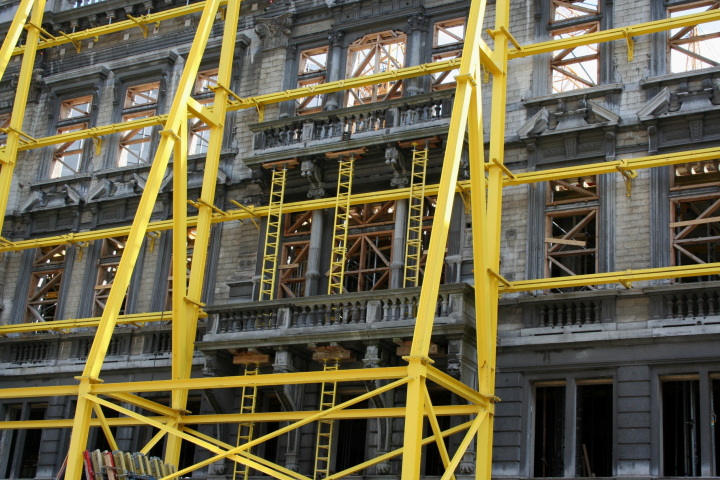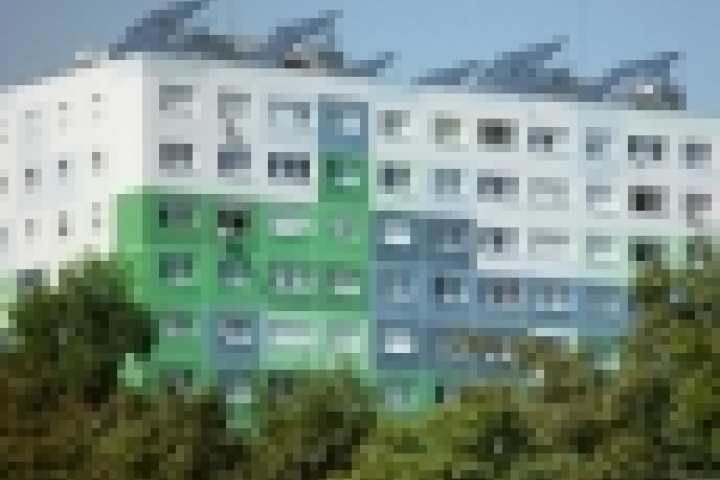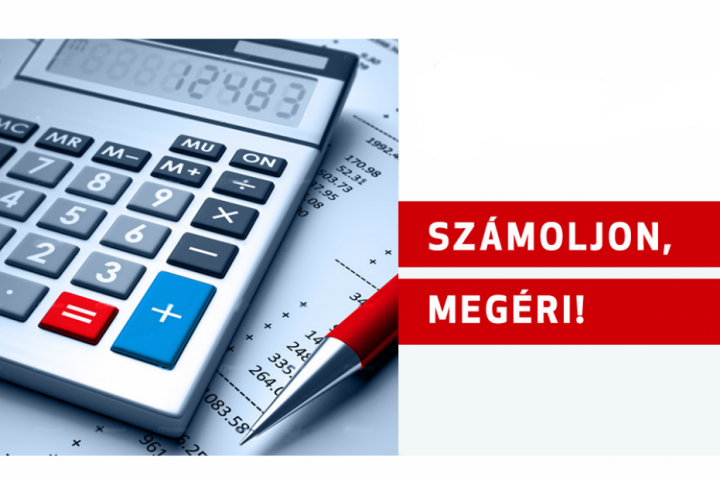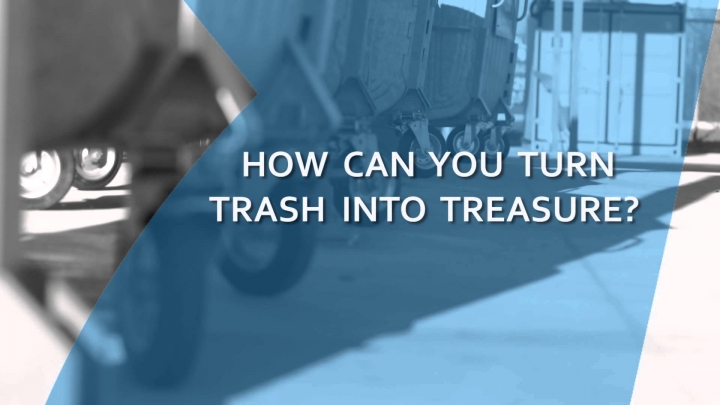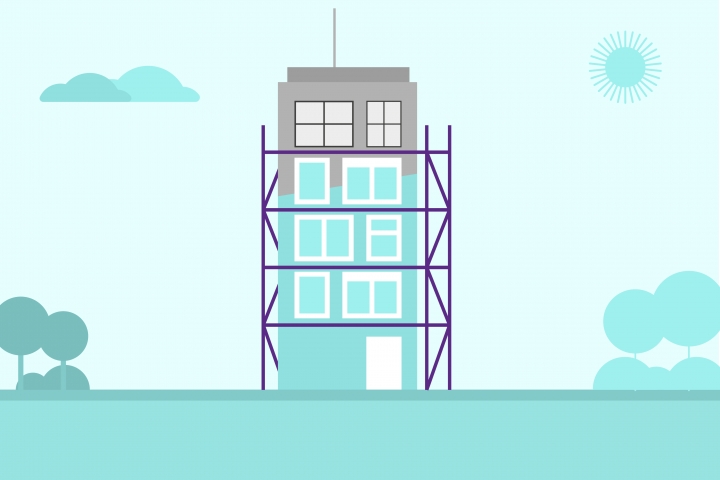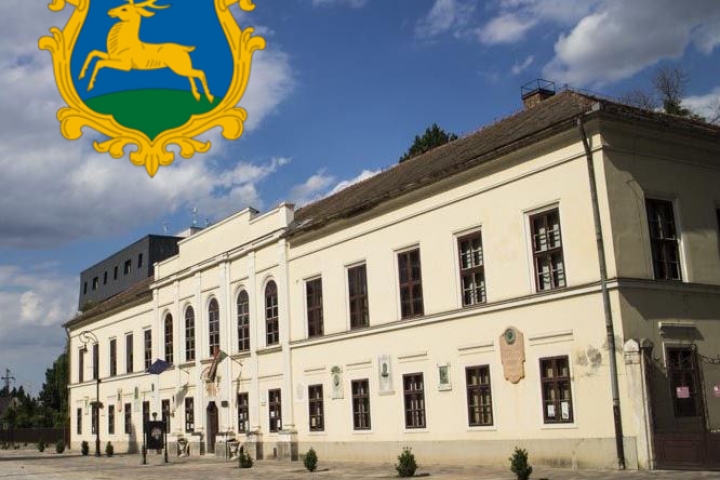Renovating with by-products of rice cultivation as sustainable insulation material
-
Date
-
Locationonline
-
Feefree
The EU aims at an annual 3% renovation rate of buildings. In addition, to reach sustainability goals and avoid drowning in unusable and non-degradable waste of building industry, demand for sustainable renovation of buildings and natural building materials are becoming more and more intense. For example, the French government has required that, by 2022, all buildings funded by the state are made of 50% bio-based materials.
In the second edition of the Renovation Lunch Alessio Colombo, CEO and Cofounder of Ricehouse will be sharing insights, successes, challenges and learnings of the CLEVER Cities project and of this natural technology with us. The CLEVER Cities project involved the renovation of the four towers of social housing owned by the Lombardy region for public residential buildings. The entire facades were being renovated using 'rice husks'. Allessio Colombo will give insights into how the use of rice husk was a solution regarding sustainability issues as well as to the challenge of finance.
There will also be enough space to share your thoughts and asking questions.
If you are interested, please register under this link.
We are very much looking forward for you to join us!
Zoom link will be sent to registered 1 day before the event.
About the Renovation Lunches
The EU Renovation Lunches are a new online format, which brings municipalities, local and regional authorities and stakeholders from all over the EU together. It provides an open and informal space to exchange about best practices, learnings and difficulties in implementing renovation but also to find partners for cooperation and support.
About EUKI SURF SUstainable Building Renovation – Forming the Future” (SURF)
The EUKI SURF project, funded by the European Climate Initiative (EUKI), is implemented by Deutsche Umwelthilfe (DUH), Energiaklub and Ae3R and aims at initiating deep and sustainable building renovations in municipalities via capacity-building and strengthening exchange. Main elements are a peer-to-peer learning program, online training series and transnational network activities.
